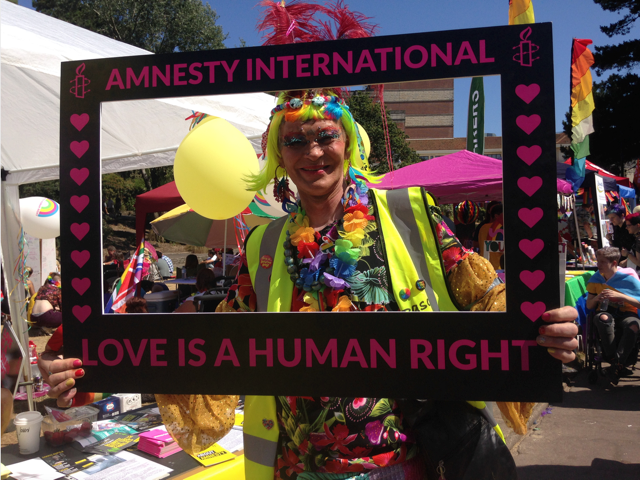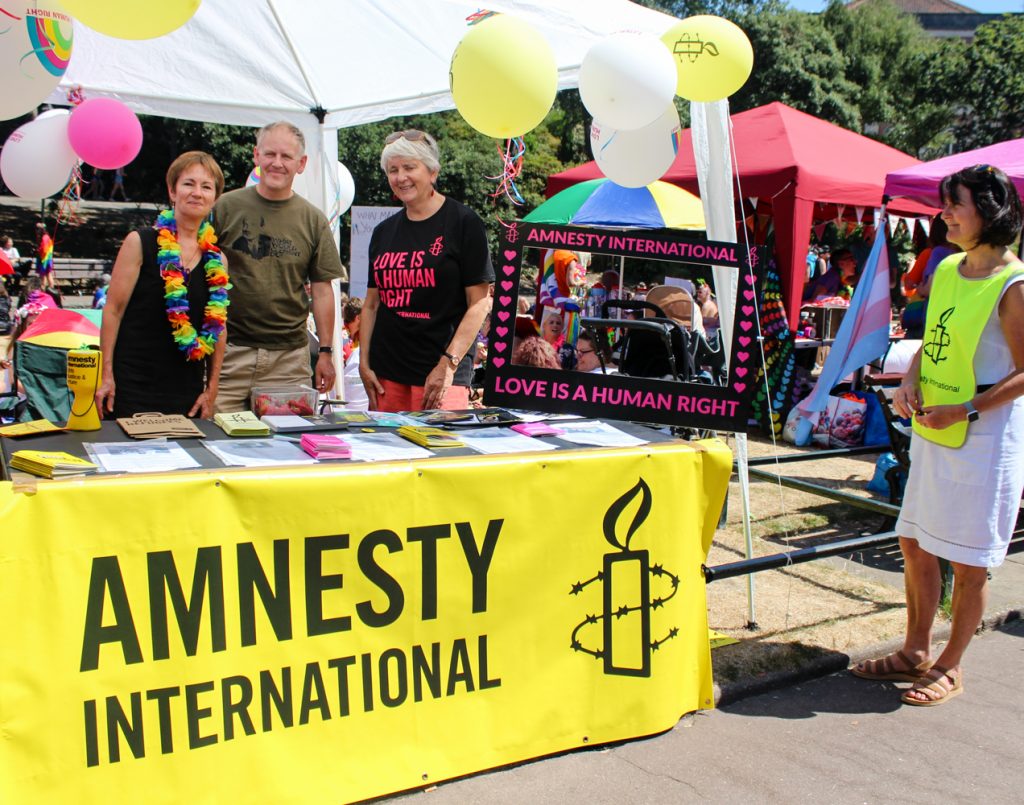This newsletter includes amongst other matters: troubling statistics regarding killings of human rights defenders in Colombia and police killings in Rio de Janeiro. There are also concerns regarding the plight of environmental defenders in Ecuador, Venezuela and Brazil. Chile is criticised for misusing its anti-terrorism law. A vote on abortion in Argentina had a disappointing outcome and there are calls to solve a case relating to a particular disappearance in this country. UN agencies have expressed concern about the crisis due to people fleeing Venezuela. There are two urgent actions (Paraguay and Venezuela).
ARGENTINA
After a marathon 16-hour debate, Argentina’s Senate have voted against legalizing abortion during the first 14 weeks of pregnancy. For now, people who need to terminate pregnancies in Argentina will have to continue to risk death or incarceration. But, in this article, the Executive Director of Amnesty Argentina argues that the vote was a stepping stone, not a setback.
One year on from the disappearance and subsequent death of Santiago Maldonado, Amnesty has called on the authorities to solve the case and comply with their obligation to guarantee the rights of his family to truth, justice and reparation. Maldonado disappeared following a violent raid on a Mapuche community by the Argentine National Gendarmerie. He had arrived in the territory of the community the day before to assist in its suit to reclaim tribal lands.
CHILE
Ex-President Michelle Bachelet has been nominated as the new United Nations High Commissioner for Human Rights. Bachelet, who served two terms, was Chile’s first (and so far only) woman President. Following the 1973 coup that brought Pinochet to power, she and her mother were detained, interrogated, tortured and then released before going into exile.
Amnesty has issued a report criticising Chile’s use of its anti-terrorism law to prosecute Indigenous Mapuche people seeking to defend their land rights. An English translation of the report should be available shortly.
PARAGUAY
Amnesty has issued an Urgent Action about Amada Martínez, a human rights Indigenous defender who was threatened by three armed men wearing uniforms of the Itaipú Binational (Paraguay-Brazil) hydroelectric plant. Amada Martínez has been campaigning for the rights of her community, who have suffered displacement from their territory by the construction of the hydroelectric plant. You can still take action here. [Read more…]


